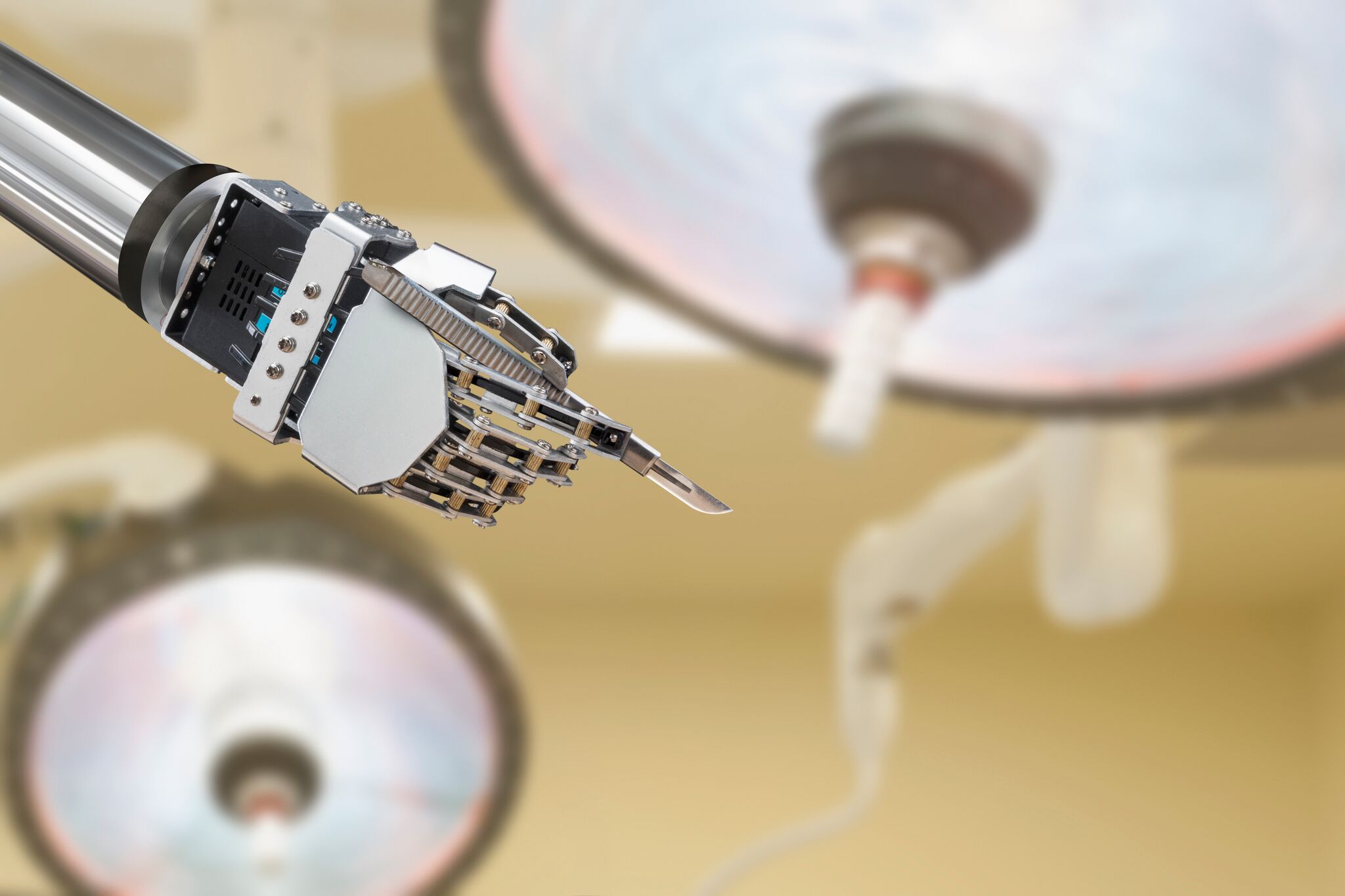
AI tools are everywhere in the battle against COVID-19. Machine learning algorithms are poring through mountains of data in the search for new effective drugs. Remote monitors are scanning faces in crowds for elevated temperatures.
And then there’s Spot.
Spot’s a dog, or, more accurately, Spot’s a robot in more or less the shape of a dog, or perhaps a headless deer, which is how a recent article at HealthDay describes the creation of Boston Dynamics. And, using an iPad and and two-way radio, Spot has been making the rounds at Boston’s Brigham and Women’s Hospital interviewing patients with suspected COVID-19.
The bottom line, the article notes, is that “(m)edical robots can go where human doctors can't, and process information much faster.”
Contrary to common concerns, robots aren’t about to replace humans in healthcare anytime soon, but the article points to a number of examples of how they’re already helping humans deliver better care, which may be their ultimate use.
For example, robots “that blast surfaces with high-power ultraviolet light are decontaminating hospitals around the world. Robots also stepped in to help Chinese hospitals cope with coronavirus, checking visitors' temperatures, delivering food and medicine, keeping isolated wards clean and even offering a little entertainment.”
Still, there remains “a big gap between this kind of research and the clinical applications," said Steve Jiang, a professor at UT Southwestern Medical Center in Dallas who directs the division of medical physics and engineering.
According to the article, Jiang and his colleagues are developing an AI system to help plan radiation treatment for cancer patients, a complex process that can take up to a week. The system aims to ensure more uniform high-quality care and improve efficiency. "AI can do that, because AI can learn from the good planners how to achieve a good plan," Jiang explained.
Kristy Brock, a professor at the University of Texas MD Anderson Cancer Center in Houston, noted that "AI can help us in radiation oncology improve the efficiency and the consistency of the way that we treat patients. You have this variation between people, and you have this huge amount of time that it takes. It's what I consider low-hanging fruit.”
And there are other, more practical, benefits, too, she said: "Algorithms don't get tired at the end of the day, they don't not sleep the night before, they don't have a headache. They don't suffer from those sorts of things."
According to Brock, “the real transformative power of AI in medicine will be realized when doctors can start using it to guide decisions about patient care.”
But that time may still be a few years off, she said, as investigators are still figuring out how to gather the massive quantities of data that would be needed, and ensure its quality.
"That's the biggest limitation to why AI in medicine isn't moving faster," Brock said.


